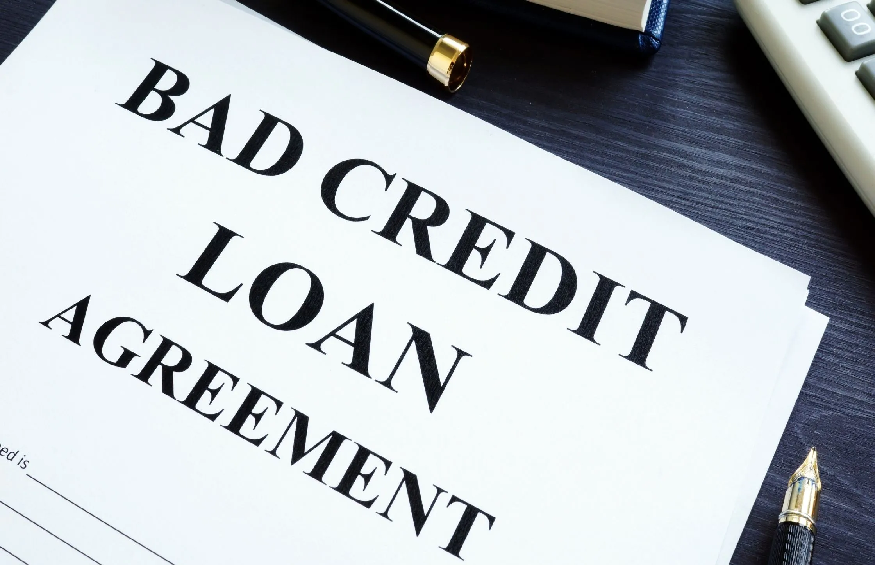Having a poor credit score means your credit history is questionable. And if this is the case, you’ll have trouble borrowing good loans from most lenders. Several factors can be attributed to your poor credit score.
High debt balances, previous delinquencies, and bankruptcies are just a few examples. But how does bad credit affect you generally?
1. Paying a Deposit for Utilities
Paying a deposit for utilities is an effect of having a bad credit score on your credit card. It has a hurdle when setting up an account with a utility company. Customers with lower credit limits are forced to pay a deposit before they can sign up, which acts as a security if you default payment.
Also, relying on a cellphone provider service becomes more difficult. You can only solve this by presenting a good borrowing history to see your credit limit growing.
2. Trouble in Getting Loan
Applying and getting a loan doesn’t come easy. Remember, it’s risk lenders will take with you, and anything negative is a red flag to them.
Many online lenders and financial institutions revise your credit scores before processing your loan. They rather take long, but they assess your possibility of refinancing the loan on time.
If you have a poor credit score, they may not approve your loan. But all is not lost because you can still apply and qualify for a bad credit loan in Montreal. But of course, you’ll still have to deal with higher fees and high-interest rates.
3. Higher Insurance Costs
Most consumers don’t know the risk of racking up huge credit card bills, falling behind their mortgage, or even paying high auto insurance premiums. Bad credit not only hinders you when it comes to getting loans but also limits you when it comes to insurance rates.
A dip in credit score will not increase your premium. What’s more, your policy risks being canceled once your score drops below 600. With this, you might not qualify for any financial boost.
4. You Pay More for Your Loan
Good credit scores put borrowers in good positions with their lenders. For instance, it links you with the best financial institutions or gives you flexible loans with lower interests.
You can’t say the same for people with bad credit because this automatically limits your bargaining power.
With a FICO score of 600, no lender will give you a low-interest rate. After all, they’re taking a risk with you, and that must pay. So, to get loans with good interest rates, you’ll have to work on your credit score.
5. Difficulty Landing a Job
Believe it or not, difficulty securing employment is another effect of having a bad credit score.
Before hiring you, employment companies, business institutions, or even state jobs departments will inquire about your credit score. This is typically part of your background check.
Many countries require that employers consider employees’ credit reports during job promotions, recruitments, and even resignations. It’s kind of a method to gauge your financial responsibility, and you won’t be able to do that with a bad credit score under your name.

